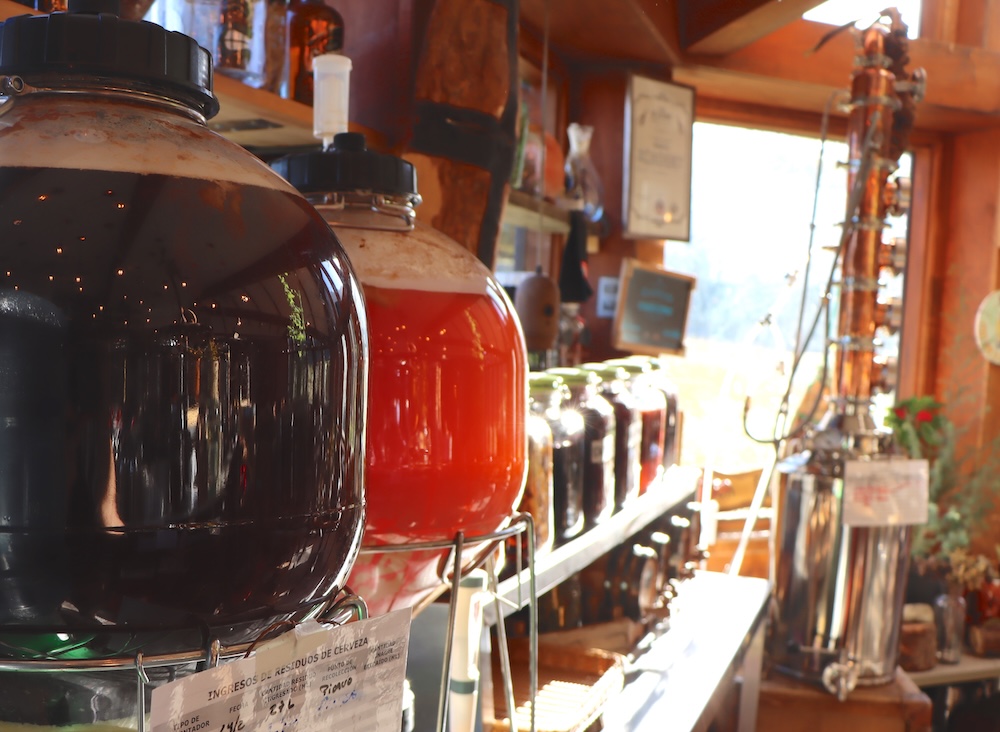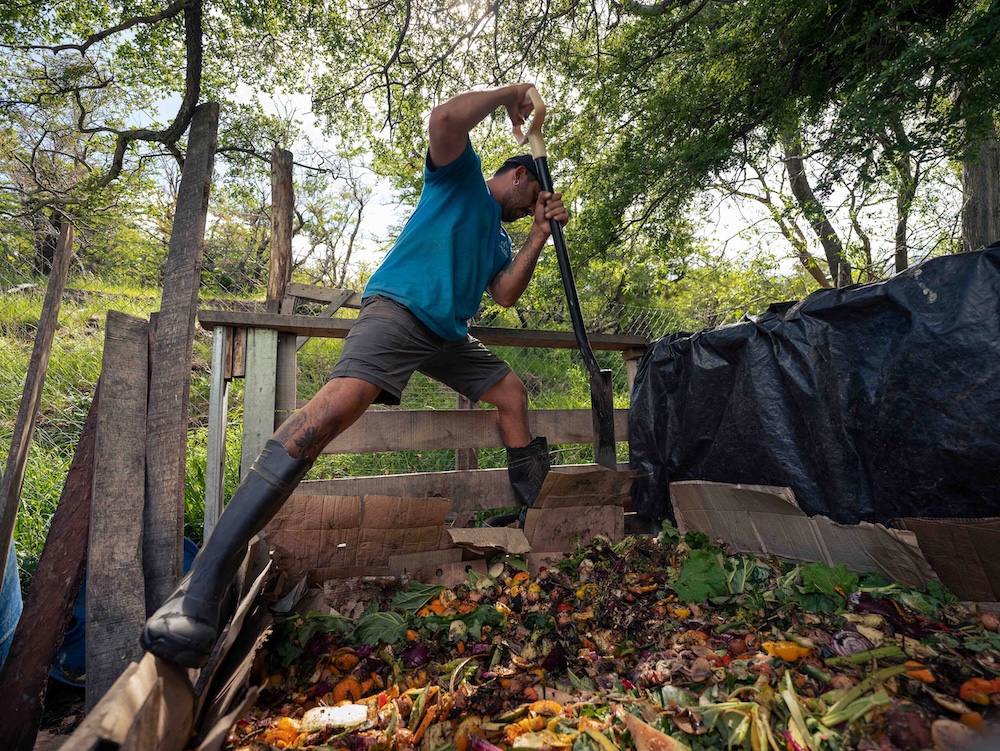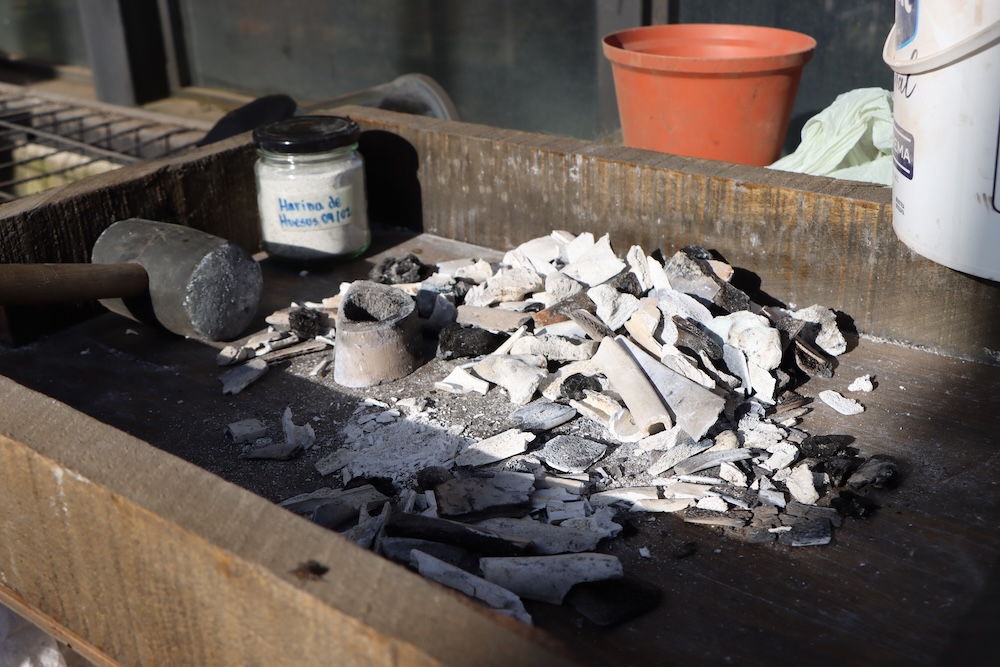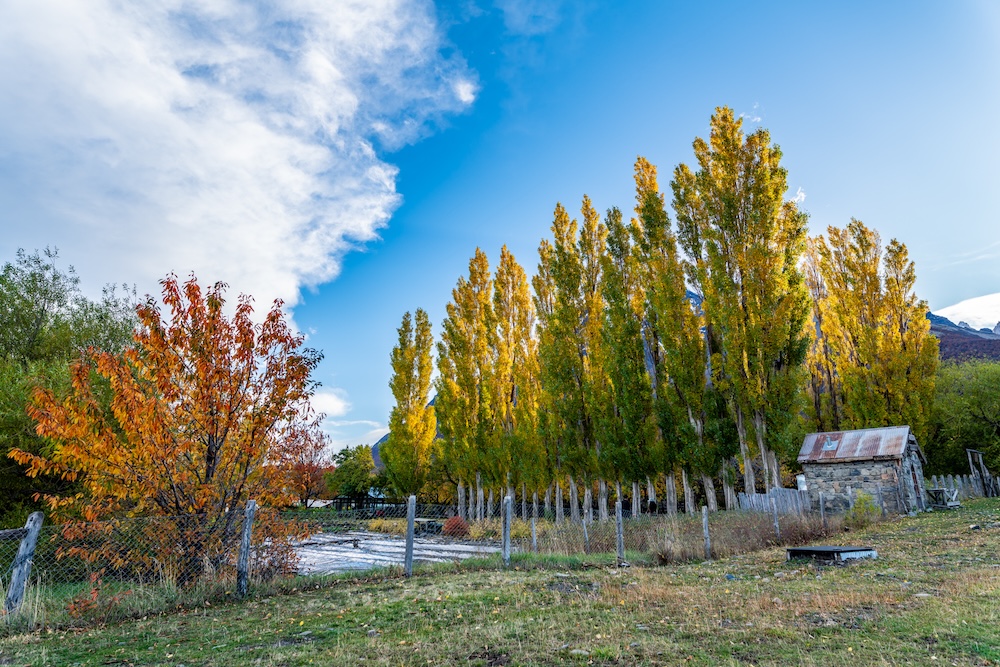Torres del Paine, July 29, 2025 – During the previous season, Las Torres Patagonia, a tourism company located in the heart of the Torres del Paine National Park, developed a series of initiatives aimed at utilizing the waste from its different services and transforming it into raw materials. Their approach last season went even further, as the company decided to use more unconventional inputs, such as beer waste and bones discarded in the kitchens.
Last season, one of the new policies implemented at Hotel Las Torres, the firm’s main accommodation service, was the addition of a still in its bar, which allows them to distil leftover beer from the company’s different accommodation options. The process takes about an hour, allowing 176 liters of beer to be processed to recover five liters of ethyl alcohol, which can be used as a base for making gin and whiskey.

At the same time, the bar installed two vinegar tanks to treat beer waste. The waste is fermented for approximately a month in order to transform 102 liters of beer into 81 liters of vinegar.
The environmental engineer in charge of these initiatives, Katherine Romero, explained that the processes are carried out using leftover beer that had not come into contact with people. They work exclusively with waste from barrels that are not served to the public.
“These sustainable practices have not only significantly reduced the bar’s environmental impact, but have also reinforced a culture of responsibility and environmental awareness within the team,” Romero said.

With regard to further waste management, materials such as cardboard, plastic, cans and other items are separated and delivered to a specialized company for recycling. Thanks to this initiative, approximately 4,275 kg of waste were sent to be recovered this season.
Meanwhile, the hotel restaurant implemented a new protocol to recover waste bones from the kitchen, always complying with rigorous health regulations. During the 2024-2025 season, more than 83 kg of clean bones were sent to the vegetable garden, where they were processed to produce bone meal, a natural, mineral-rich fertilizer that strengthens compost and improves soil health.
“Bone meal is a good fertilizer. While it doesn’t provide nutrients like compost does, it does provide minerals, an element that is often overlooked in the health and diversity of ingredients that rich soil needs to be productive,” said Catalina Rojas, manager of Las Torres Patagonia’s bio-intensive vegetable garden.

The hotel’s vegetable garden also presented positive figures for the chemical- and pesticide-free food grown in its Patagonian soil. During the six months of the season, the team managed to increase the harvest by 18% compared to the previous season, delivering 1,897 kg of fresh fruit and vegetables to the hotel’s kitchens.
This included fruit such as plums, cherries, apples and pears, regional potatoes, edible flowers and several varieties of basil, including lemon, purple, broadleaf and holy.
Rojas added, “after receiving 19,538 kg of organic waste, we were able to obtain 2,677 kg of compost, which allowed us to nourish the soil in our vegetable garden. We don’t just seek to utilize this resource, but to generate a reciprocal cycle, where we use the land, but also feed, care for and protect it.”
Finally, Las Torres Patagonia bio-intensive vegetable garden celebrated the fact that, in its 2024-2025 season, it managed to cultivate 55 plant species, adapting to the complex climatic conditions of the Torres del Paine National Park.
